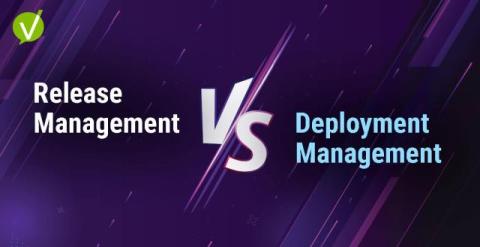Infrastructure Security in Cloud Computing
Did you know cybercrime could cost the world $10.5 trillion by 2025? As more businesses adopt cloud solutions and rely on public cloud and private cloud computing environments, safeguarding cloud data is critical. Consequently, understanding infrastructure security in cloud computing and the role of Independent Software Providers is vital for protecting your assets.











